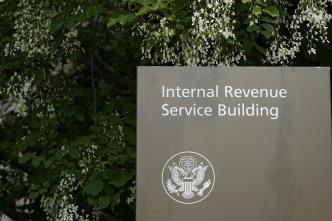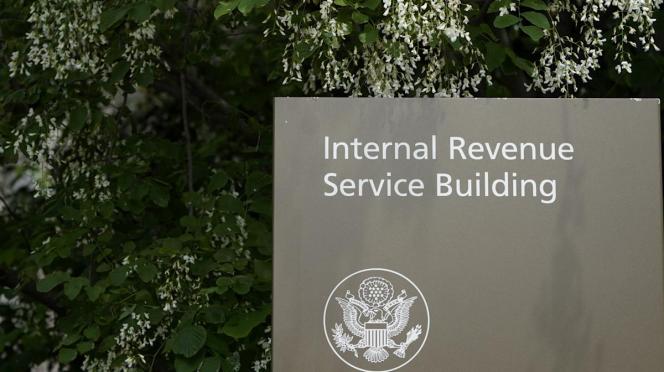Table of Contents Show
Tariffs chaos: Financial advisor shares tips on how to navigate these uncertain times
Worries over Trump tariffs sweep the U.S.
A day after President Donald Trump announced a number of new tariffs, markets are reacting negatively, while businesses are sounding off on their concerns. FOX 10’s Lauren Clark and Brian Webb report.
PHOENIX – The U.S. stock market had a rough day on April 3, as key indices on the New York Stock Exchange took a nosedive at the opening bell, and failed to recoup the losses by the closing bell.
By the numbers:
According to reports, tariff measures announced by President Donald Trump on April 2 rippled through world markets. In the U.S., the Dow Jones Industrial Average plunged more than 1,600 or over 3%, while the S&P 500 and Nasdaq Composite fell more 4% and 5%, respectively.
For the Dow and S&P 500, it was the worst day since 2022, for the Nasdaq, it was the worst day since 2020.
Financial advisor weighs in
As stocks plunged in the U.S. on April 3, we spoke with a financial advisor who had some advice for how people with a 401(k) or investments should navigate.
“Right now, we have some of the worst investor and consumer sentiment we’ve had since 2009,” said Cynthia Fick, CEO of Financial Life Planners.
Fick said the uncertainty surrounding the tariffs is causing the market to react, with a potential impact on people’s 401(k) and their wallets.
What Fick Said:
“This downturn could turn into a bigger downturn, which is a big bear market,” said Fick. “Not just 10% down, but potentially over 20% down. So everybody needs to consider taking some action.”
Fick suggests people to sell stocks that haven’t done well in the past few years, after considering risk tolerance and objectives.
“Another thing I would highly advise is avoid panic selling and buying,” said Fick, who also said people should consider diversifying their assets, while keeping in mind the old adage of ‘buy low, sell high.’
“Know that this too shall pass – things will get better at some point,” said Fick. “I believe this is leading up to what can be a buying opportunity of a lifetime.”
Businesses share worries
The tariffs could have a real impact on Americans that goes beyond investments and retirement.
Why you should care:
Many things that Americans buy these days come from a different country, and this means items will likely get hit with an added tariff or tax.
According to estimates made by the think tank Tax Foundation, the tariffs could cost the average American over $2,000 more a year.
President Trump said the long-term goal is to kickstart U.S. manufacturing. In the short term, however, that could mean businesses will likely have to pay more to remain in business.
Local perspective:
We spoke with business owners in the Phoenix area to hear about their concerns.
“We pay a higher living wage, so we don’t have as much room already, because I’ve already allocated that to the employers,” said Gabe Hagen, who owns Brick Road Coffee. “We’re gonna have to pass through whatever comes through.”
“We’ve been trying to cut back, as far as giving out unnecessary discounts and stuff like that. Just small changes,” said Brianna Key with Waba Hair and Beauty Supply. “Our goal is to not have the tariffs affect our customers, for as long as we can possibly manage it.”
Multiple sectors to be impacted
Conventional thinking would lead you to believe the whiskey industry would not be affected by tariffs.
But even products with tags like “Made in the USA” right on the bottle are not immune.
“Amburana wood is from Brazil, that s not sourced or made here. We have to bring that in,” says Wendy Tilton of Wild Hare Distillery.
“Agave is from Mexico. Your vanilla beans are from Madagascar. Our chocolate nibs that we use for infusion into our vodka [is from out of the country].”
From the barrels to the bottles, once the stock runs dry the small businesses expect to have trouble to keep up.
“There’s only so much volume that we can do before it becomes very difficult. There’s only so much we can keep increasing prices. So that means our profit margins go lower and lower,” said Tilton.
Big picture view:
It’s hard for Valley businesses to budget just how much more this is going to cost them. Each product they’re importing could all have a different tariff ranging from 10 to 50 percent.













